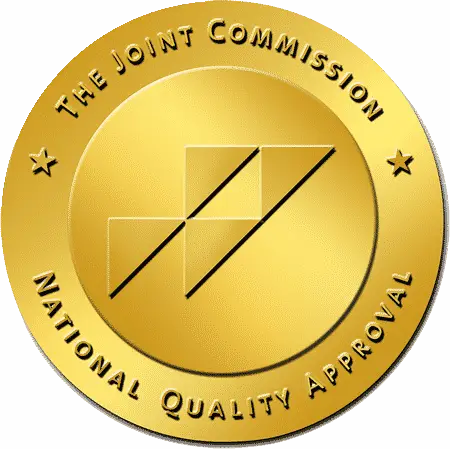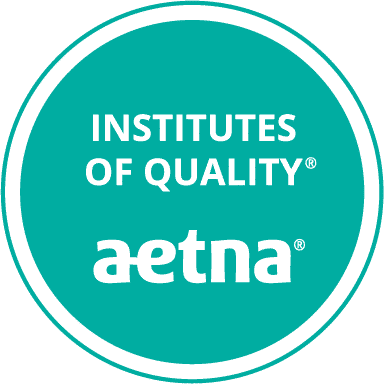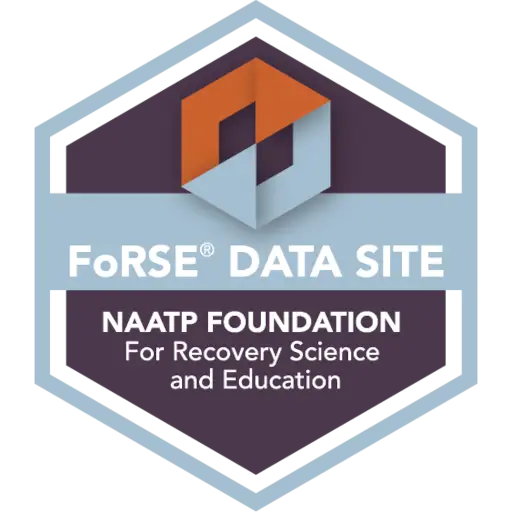 |
|
Sherri Layton joined La Hacienda’s team in 1992. As Outpatient Services Administrator, she oversees our Intensive Outpatient Programs and Continuing Care Services. She is very involved with legislative advocacy at the state and national level and is a member of the National Association of Alcohol and Drug Abuse Counselor’s Public Policy Committee. I sat down with Sherri Layton to discuss the progress she, and other, substance abuse disorder advocates have been pushing to benefit the addiction treatment industry. This past year, a lot has happened in excelling the platforms currently most important to the addiction treatment industry. Read about what Sherri, and other like-minded individuals, are advocating for and how their actions are making results in the grand scheme of things. What legislation have you seen this past year that has positively affected our industry? Specific legislation passed that was very beneficial to addiction treatment services. Last year, Texas legislators took a keen interest in mental health and substance abuse. The Select Committee on Mental Health, a group of State Representatives who spent a year going around the state, studied different aspects of mental health and the needs in Texas. They came into this year’s legislative session armed with a lot of information, and many positive things came from that work. Also, we had great involvement this year in the legislative process by individuals who are in recovery. In the past, it has been primarily service providers – counselors and treatment professionals – who have been the people involved in visiting legislators, making phone calls, and influencing legislation. This year, those in recovery, family members of those who have experienced addiction, and the peer recovery support community, all got involved and made a huge impact. In fact, one of the bills passed was House Bill 1486. It allows third-party reimbursement by Medicaid for peer recovery support specialist services. That bill was strongly supported by the peer community and made a significant difference. Recovery support services have been difficult for people to access because those who need it the most are the least able to afford it. House Bill 10, the parity enforcement law, put teeth in the federal parity legislation here in Texas and created mechanisms to help Texas Department of Insurance enforce parity. The federal law required mental health or substance use disorders to be treated “at parity”, or the same as any other medical or surgical condition. Insurance benefits for behavioral health, if they are included in a policy, cannot be different than medical benefits. This should stop discriminatory practices in payment limitations, reduced access to treatment services, and the treating of substance abuse disorder differently than a medical illness. These are needed changes and this bill will help push those changes through. Also, there was recognition of the importance of the addiction counselor workforce. The state’s existing student loan repayment program for behavioral health professionals will now include Licensed Chemical Dependency Counselors. Again, this came from the Select Committee on Mental Health’s work: recognizing we really have a need to expand the mental health workforce, across the board, but specifically, the addiction counselor workforce will be supported. We have a significant shortage in the state, as well as, around the country and so this is one small step toward addressing that. What changes do you see moving forward into 2018? I’m really excited to see what this increased focus on mental health and substance use services does in our state – both the recognition of the problem as well as the need for services. I’m excited to see how this momentum continues moving forward. I think there is an overall reduction of stigma. That’s going to be a long hard road but I believe the attention these issues received from the legislators during this session will be helpful. They addressed mental illness and substance use disorders as diseases and are encouraging it to be treated as an illness rather than a moral failing and to see such support is very exciting. I believe that we, as an industry, as individual addiction professionals, as those in recovery, and family members, have to keep doing the things we do to maintain the focus on recovery. We need to keep giving the message that treatment works, people recover, lives are restored – that’s the truth. We know that is the truth and rehabilitation works. Continuing to have that focus is important. Do you think the budget is going to be improved this year? Publicly funded treatment in Texas is not funded at rates that allow for sustainability. We have to continue to push for increased reimbursement in the public sector so that everyone who needs it has access to services. We are seeing improvements headed that way. At the federal level, there’s a lot of emphasis on the budget right now, and there is a couple of billion dollars that were committed through the CURES Act at the federal level and that has come down to the states, specifically to address the opioid epidemic. Some additional funding has become available through the state systems, in general, which is going to open up opportunities. People are also recognizing that investing in treatment and recovery services makes good financial sense. It is cheaper to treat someone than it is to take care of their long-term health needs, house their children in foster care, or have them in the criminal justice system. Treatment makes sense – financial sense, and it’s a good investment. How do you think everyone can make a difference in their communities? I encourage people all the time to get involved, to pay attention to what’s going on, and to not be afraid to make a phone call or to send an email to their Representative or Senator. It seems incredibly intimidating, and it is intimidating until you’ve done it a few times and then you realize these are people just like you and I, with very important and influential positions. But they need and they want the people that they represent to let them know what’s important and how their districts are being impacted, so we are the people to give them that information. How can someone interested in getting involved start to do so? Involvement is huge. Look at what opportunities are in your community and those change and vary widely depending on where you are. What someone can do in a large city may be very different than what someone can do in a rural area, but there are groups all around Texas to get involved with. There are lots of ways to get involved, starting online. For instance, if you are someone in recovery, there’s a Facebook page, Texas Recovery Community, which is a recovery group you can connect with. There’s also recoverypeople.org, a state-wide network for individuals in recovery. For addiction professionals, join your professional associations. For Texas it’s TAAP, the Texas Association of Addiction Professionals, or ASAP, the Association of Substance Abuse Programs. Both of those organizations have websites and Facebook pages. Is there any advice you’d like to give people who are interested in making an impact? Don’t be afraid to get involved or to have an opinion, pay attention and read the newspaper and educate yourself about the legislative process. Know what is going on by paying attention and educating yourself. #laharecovery |




